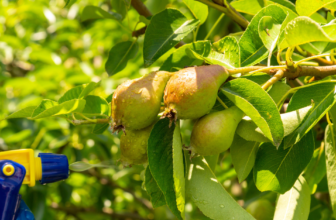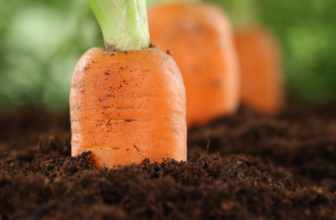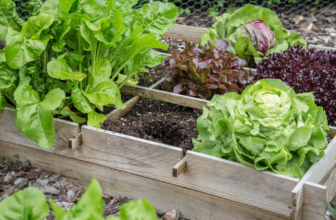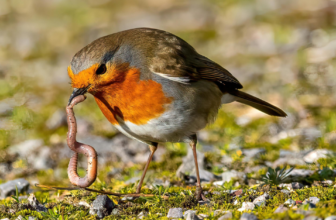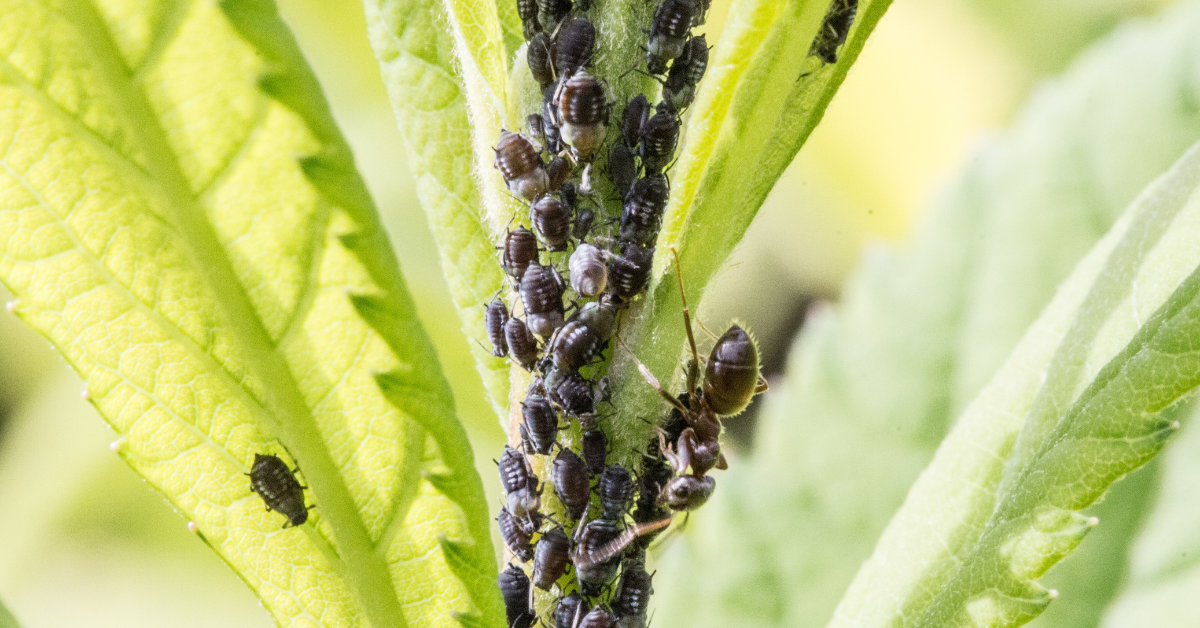
Aphids—the tiny, sap-sucking pests that can quickly wreak havoc on your garden—are every gardener’s nemesis. These little insects reproduce rapidly and can damage plants by distorting leaves, stunting growth, and even spreading plant diseases. If you’ve ever battled an aphid infestation, you know how frustrating it can be. But don’t worry—there are highly effective ways to control and eliminate aphids while keeping your garden thriving.
Understanding Aphids
Aphids are soft-bodied insects that come in a variety of colors, including green, black, yellow, and pink. They usually cluster on the undersides of leaves and along stems, feeding on plant sap. As they feed, they excrete a sticky substance called honeydew, which attracts ants and can lead to sooty mold growth on plants.
The Most Effective Aphid Control Methods
1. Encourage Natural Predators
One of the best and most sustainable ways to control aphids is by attracting beneficial insects to your garden.
- Ladybugs (Lady Beetles): These are aphid-eating powerhouses, consuming hundreds of aphids in their lifetime. You can buy ladybugs online or plant flowers like dill, fennel, and yarrow to attract them naturally.
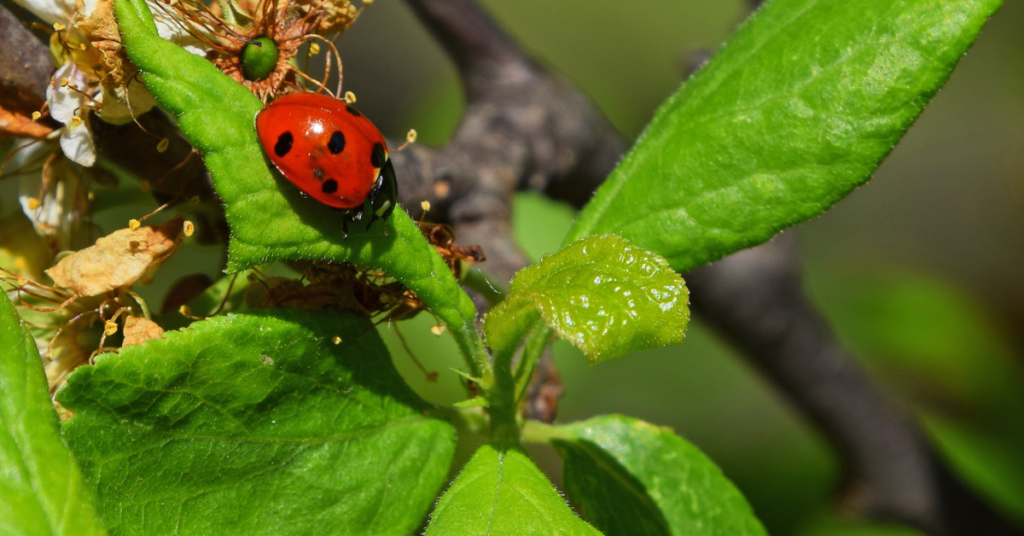
- Lacewings: Their larvae are voracious aphid predators. Attract lacewings with flowers such as cosmos and coriander.
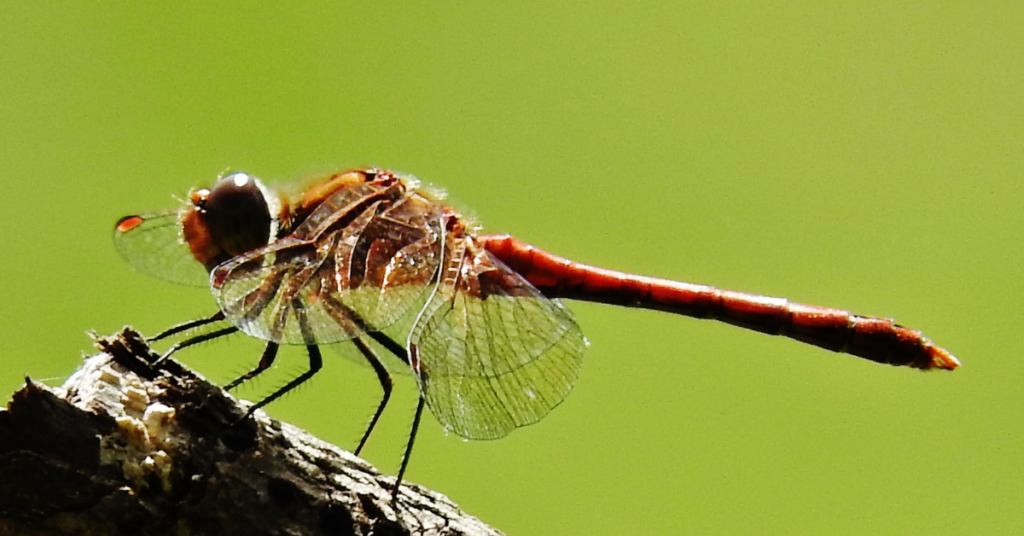
- Parasitic Wasps: These tiny wasps lay eggs inside aphids, killing them from the inside out.
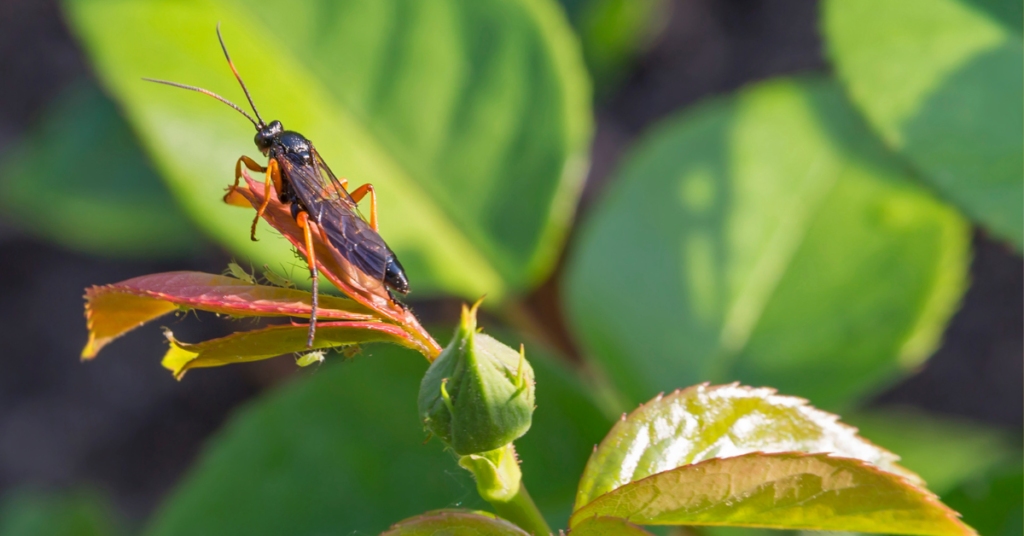
2. Use a Strong Water Spray
A simple yet effective way to remove aphids is by spraying plants with a strong jet of water. This dislodges the aphids and makes it difficult for them to climb back onto the plant. Repeat this process daily until the infestation is under control.
3. Apply Neem Oil
Neem oil is a natural pesticide that disrupts the life cycle of aphids by interfering with their feeding and reproduction.
- Mix one teaspoon of neem oil with a few drops of dish soap in a quart of water and spray it on affected plants.
- Apply in the early morning or late evening to avoid harming beneficial insects.
4. Make a Homemade Insecticidal Soap
Aphids have soft bodies, making them susceptible to soap-based sprays that suffocate them.
- Mix one teaspoon of mild liquid soap (like Castile soap) with one quart of water and spray it directly on aphids.
- Avoid using detergents or harsh soaps, as they can damage plant leaves.
5. Companion Planting for Aphid Prevention
Certain plants naturally repel aphids and can help protect your crops.
- Marigolds and nasturtiums act as trap crops, attracting aphids away from your vegetables.
- Garlic, chives, and onions emit strong scents that deter aphids.
- Mint and basil can also help keep aphid populations in check.
6. Diatomaceous Earth (DE)
Sprinkling food-grade diatomaceous earth around aphid-prone plants can help control infestations. DE is made of tiny fossilized remains that dehydrate and kill soft-bodied insects like aphids. Just be sure to reapply after rain.
7. Remove and Destroy Heavily Infested Leaves
If a plant is severely infested, remove the affected leaves or stems and dispose of them away from your garden. This prevents aphids from spreading to healthy plants.
The Best Overall Solution? A Combination Approach!
While no single method is a silver bullet for aphid control, combining natural predators, sprays, companion planting, and organic treatments is the most effective strategy. Regularly inspect your plants for early signs of aphids and take action immediately to keep your garden healthy and pest-free.
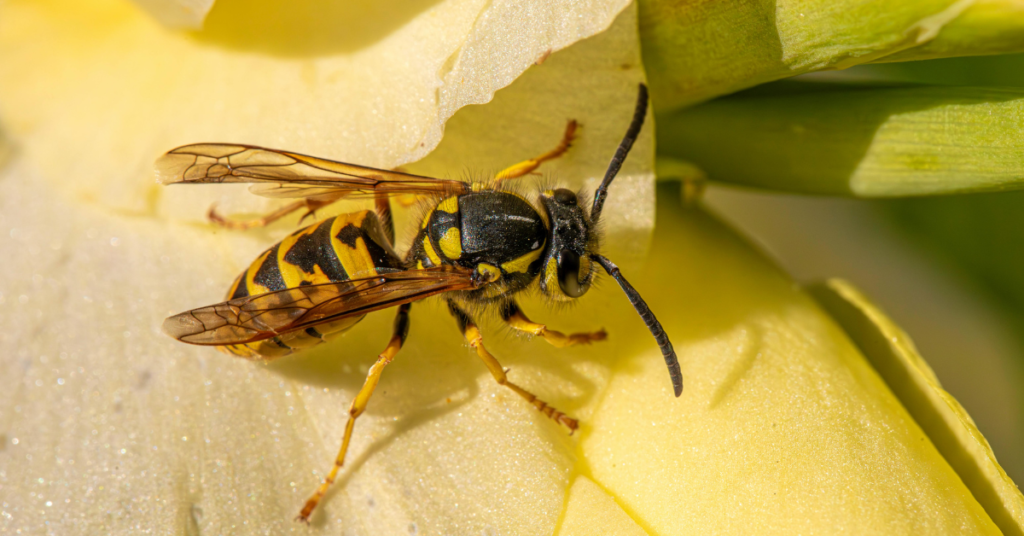
Do you have a favorite aphid control method? Share it in the comments below!

